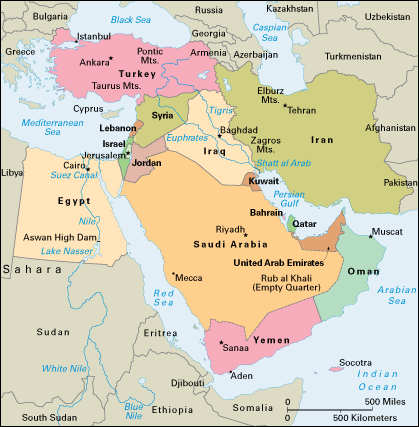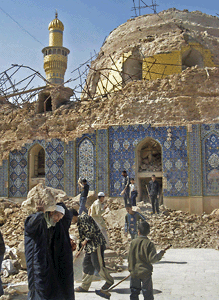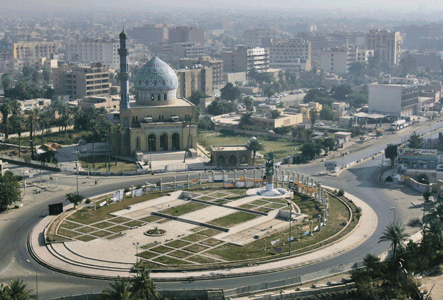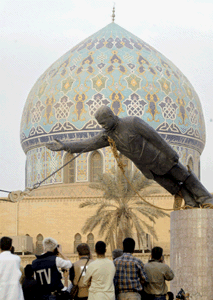ISIS Declares Caliphate Across Large Areas of Syria and Iraq
Monday, June 30th, 2014June 30, 2014
The Sunni jihadist militant group Islamic State of Iraq and the Levant (ISIS) declared yesterday that it was establishing a caliphate on the territories it controls in Iraq and Syria. It is to be known simply as “the Islamic State” and will extend from Aleppo in northern Syria to Diyala province in eastern Iraq. ISIS also proclaimed the group’s leader, Abu Bakr al-Baghdadi, as caliph and “leader for Muslims everywhere.” He will be known as “Caliph Ibrahim.” The caliphate is to be governed under strict Shari`ah law. The rebels demand that all Muslims “pledge allegiance” to the new ruler and “reject democracy and other garbage from the West.”
Experts on Islamic history note that the erasing of old colonial-era boundaries between Syria and Iraq is a powerful statement to Muslims–one that is rich in cultural and historic significance. In the words of ISIS spokesman Abu Muhammad al-Adnani, Muslims have long dreamed of a time when they would “shake off the dust of humiliation and disgrace” and forge a new caliphate out of the chaos and despair of the modern Middle East.

The new caliphate proclaimed by the militant group ISIS includes large sections of northeastern Syria and northern Iraq. (World Book map)
In northern Iraq, the Iraqi military continued yesterday to engage ISIS forces in an offensive to retake the city of Tikrit from the rebels. ISIS seized Tikrit on June 11 as the jihadist army swept across large parts of northwestern Iraq. The heavy fighting has resulted in many casualties on both sides, a BBC correspondent on the ground has reported. According to Human Rights Watch, ISIS destroyed seven Shi`ite places of worship in the predominantly Shi`ite Turkmen city of Tal Afar last week. Tal Afar is about 30 miles (50 kilometers) west of Mosul.
Additional World Book articles:
- Umayyad caliphate
- Iraq War
- Iraq 2012 (a Back in Time article)
- Iraq 2013 (a Back in Time article)
- Syria 2013 (a Back in Time article)
- Syria: The Roots of a Rebellion (a special report)





